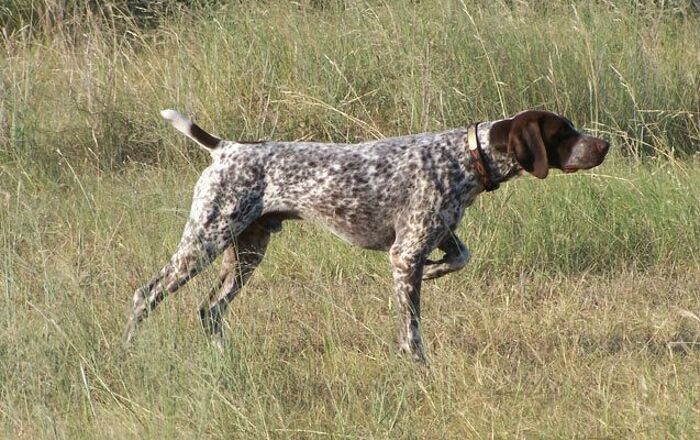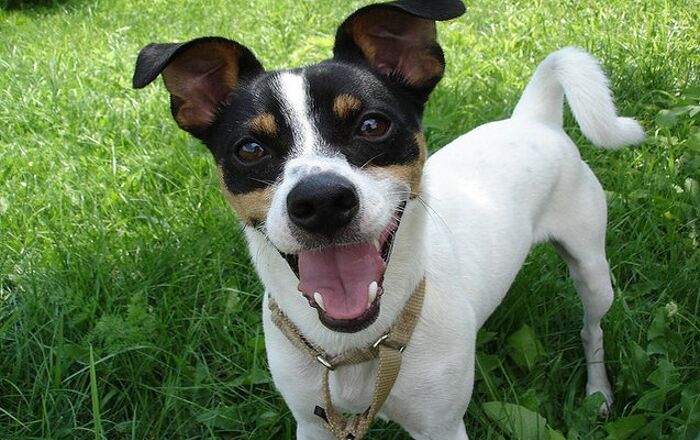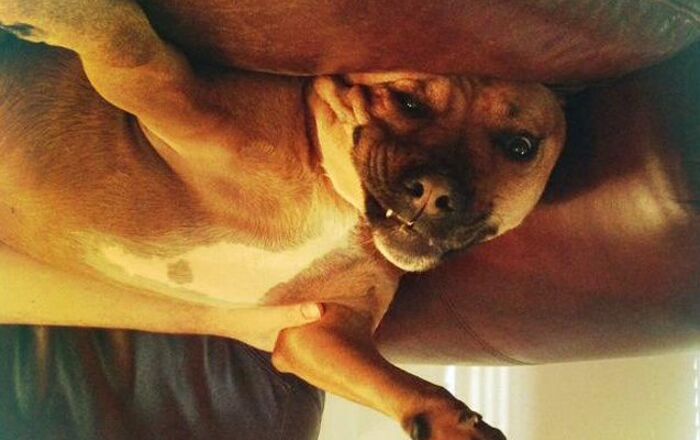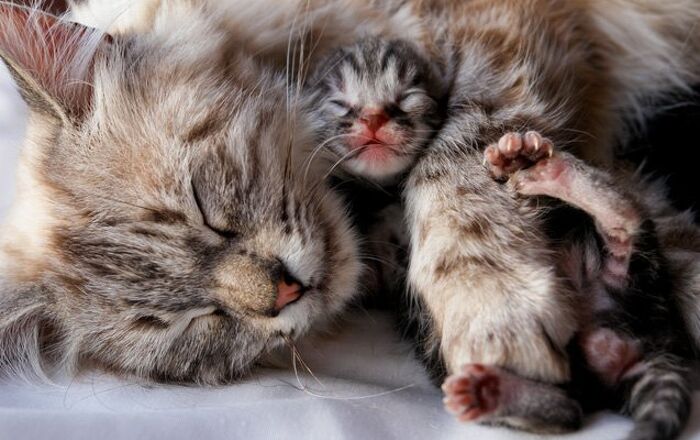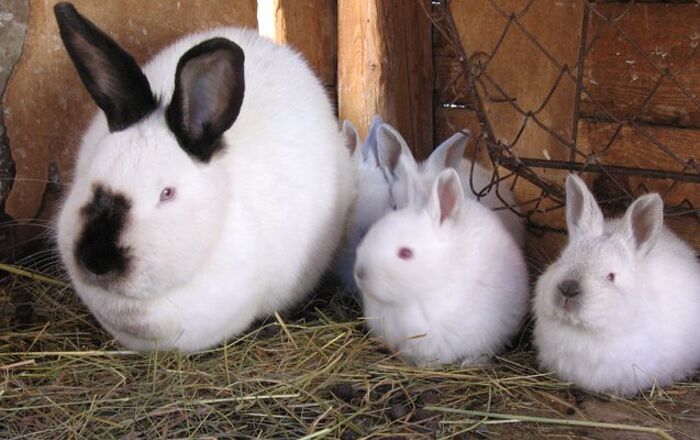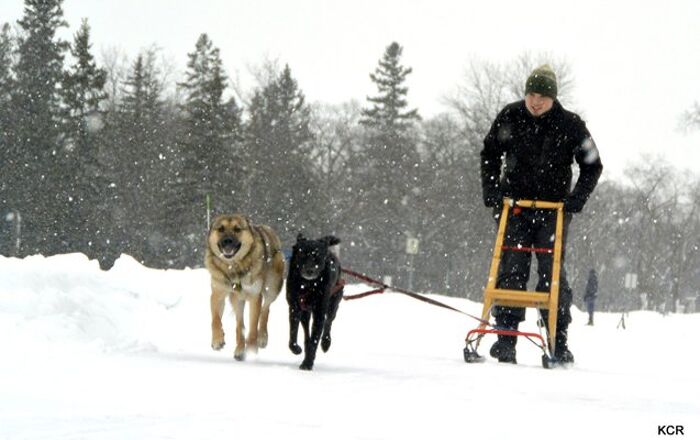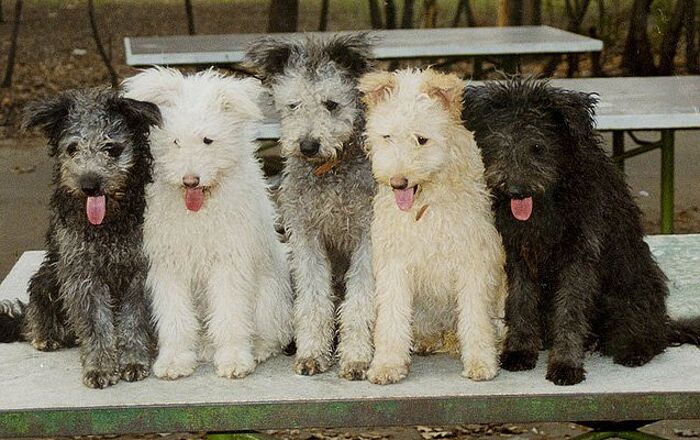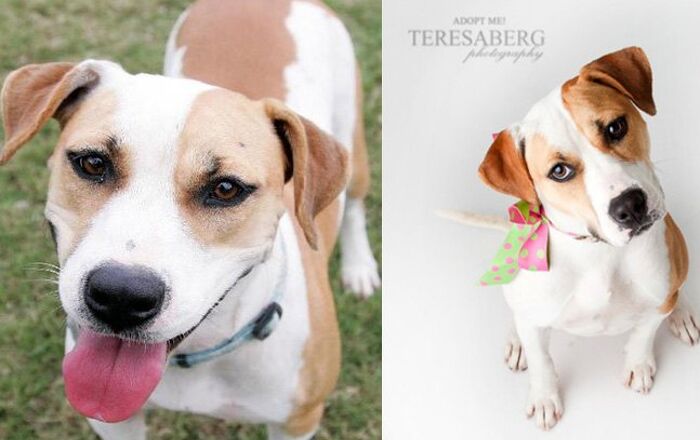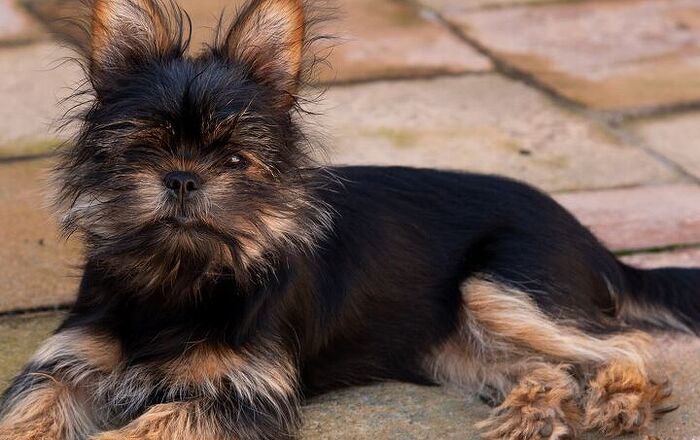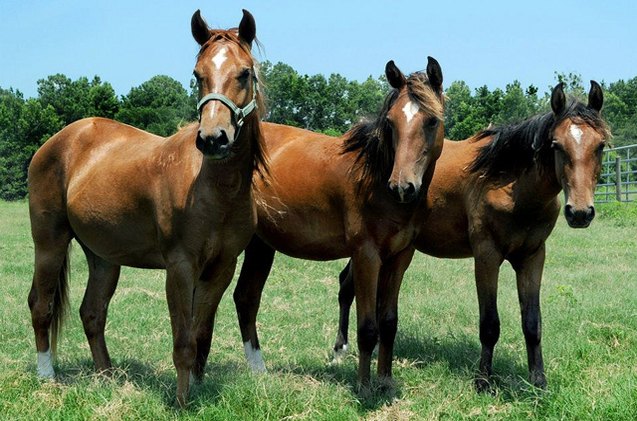
Florida Cracker Horse Breed History
The Florida Cracker Horse has a history that dates all the way back to the 1500s. The breed’s ancestry includes Spanish stock that was taken to Florida from Spain. When the Spanish explorers were ready to go back to their home country, they left hogs, horses, and cattle behind in order to create more room for the treasures that they had collected during their journey, so the Florida Cracker Horse was left in America as a result.
In terms of genetic heritage, the Florida Cracker Horse was developed from the Iberian Horse of the early 1500s, but the breed also includes Spanish Sorraia, Spanish Jennet, and North African Barb blood. Also, the breed’s genetic base is pretty much the same as that of the Paso Fino, Criolla, Peruvian Paso, and Spanish Mustang, as well as other equine breeds that were developed from horses that were originally introduced to the Caribbean Islands, North America, Central America, South America, and Cuba by the Spanish.
The Florida Cracker Horse breed has survived because of ranching families.
When the horses were left to roam freely, they evolved over time as a result of natural selection. They were tempered and molded by the challenging environment. And, in addition to playing an important role in the lives of Seminole Indians, they eventually helped Florida become a state of agriculture and ranching.
“Crackers” was the name given to Florida cowmen because of the sound that their cow whips made when cracking the air. So this name was also chosen for the agile, small horse that was used amongst their cattle. Over time, the Florida Cracker Horse also became known by other names, including Grass Gut, Florida Cow Pony, Florida Horse, Prairie Pony, Seminole Pony, Chicksaw Pony, and Marsh Tackie.
In the 1930s, several relief programs were created during the Great Depression, and one of those programs encouraged moving cattle from the Dust Bowl to Florida. Because of changes in how cattle were handled, ranchers began using the Quarter Horse instead, as that breed was stronger. The Florida Cracker Horse became rare as a result of decreased demand.
Over the last 50 years, the Florida Cracker Horse has survived because of ranching families that have continued breeding these horses for their own use. In 1989, the Florida Cracker Horse Association was created, and a registry followed in 1991.
Breed Traits
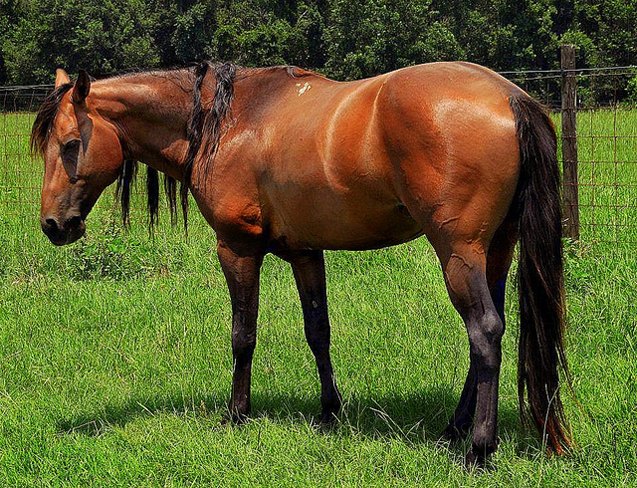
Florida Cracker horses are willing to work, and they are also spirited animals, with high levels of endurance and stamina, even in environments that are unfavorable. They can be used for pleasure and trail riding, as well as a variety of work related tasks.
These horses are easy to work with because they are strong, intelligent, multi-talented, and patient, and they are suitable for all levels of riders because of their gentle nature.
Florida Cracker horses have recognizable ground covering gaits.
Overall Description
The Florida Cracker Horse is a small saddle horse. You will note that these animals have a head that is refined, with a slightly concave or straight profile. The jaw should be well defined and short, and the eyes should be alert and reasonably spaced apart. Also, the neck should be fairly narrow and well defined, and it should not have excessive crest.
This horse will also feature pronounced withers that are not prominent. The chest should be narrow to medium in width, and the long shoulders should slope with a 40-50 degree angle. The back will be strong, will feature well sprung ribs, and will also be narrow and short. Also, the croup will be short and sloping, the tail will be set medium low, and the under line will be longer than the horse’s top line.
Florida Cracker horses are also recognizable by their ground covering gaits, which include the running walk, ambling, trot, and flatfoot walk.
The Florida Cracker Horse dates back to the 1500s.
Colors
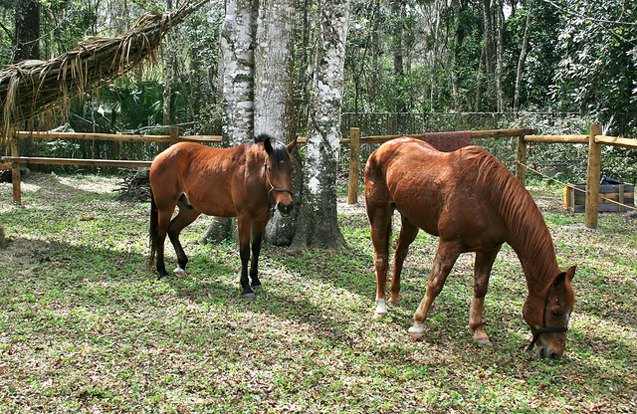
The Florida Cracker Horse can feature all of the equine colors. Solid colors and gray, however, are most commonly seen. Other colors include chestnut, dun, bay, roan, grullo, and black.
Grooming Requirements
Florida Cracker horses are easy to care for, as they only require basic equine grooming sessions to keep them looking healthy and clean. Regularly grooming your horse will also give him the attention and companionship he craves while strengthening your bond with your animal.
When your horse gets very dirty, you can use a gentle equine shampoo and conditioner to thoroughly clean him. Otherwise, you can use standard grooming tools, including a curry comb, body finishing brush, dandy brush, and shedding blade, along with a mane comb and a tail brush. When used together in the same grooming session, these tools will effectively remove excess hair, as well as dirt, mud, and other debris that can accumulate on the horse’s coat while he is working and being ridden outside.
Don’t forget to closely examine your horse’s hooves as well during each grooming session. Check them for any signs of injury or infection, and thoroughly clean them by using a hoof pick.
Photo credit: Paula Hecker/Flickr; Doris Russell/Flickr




